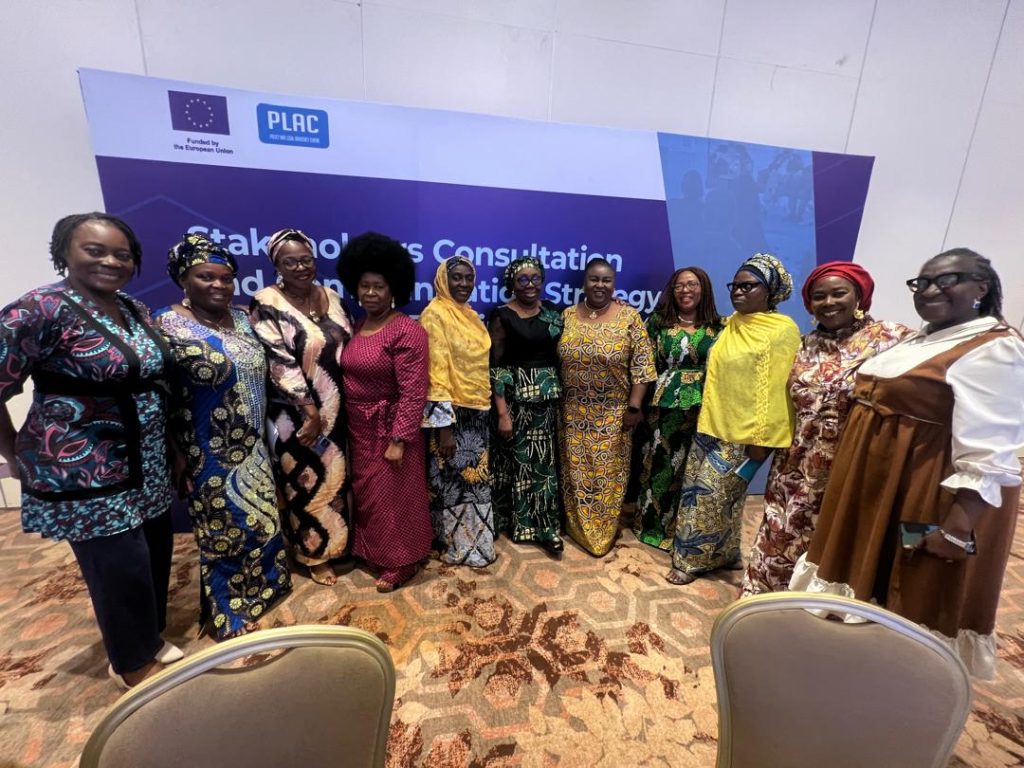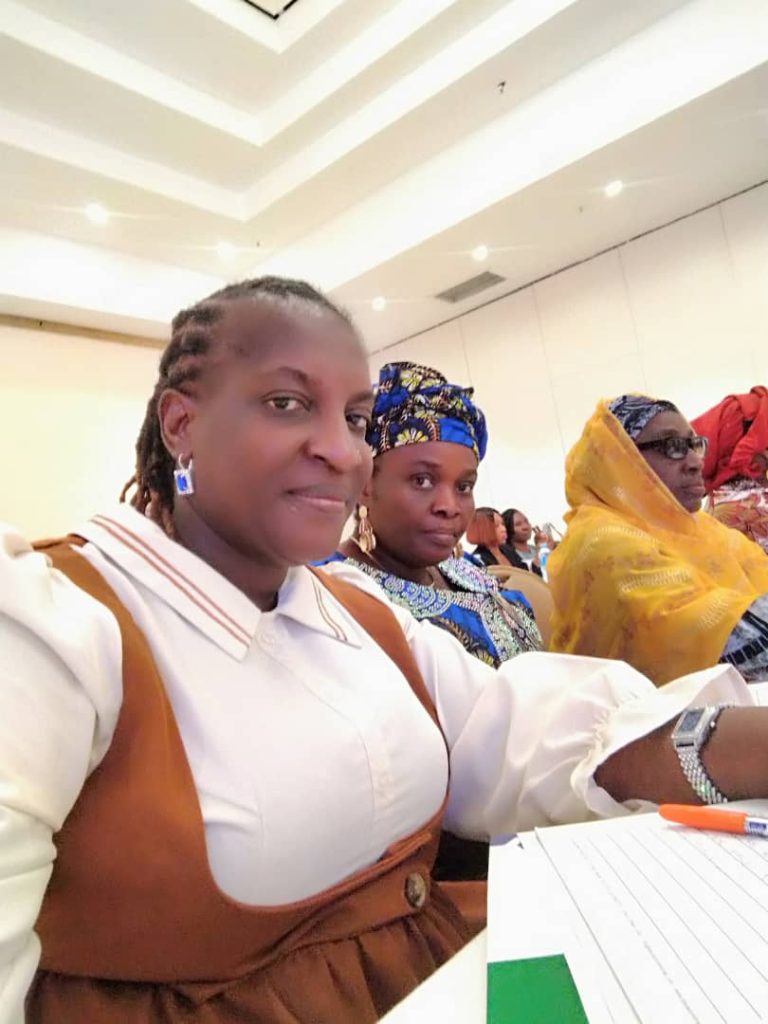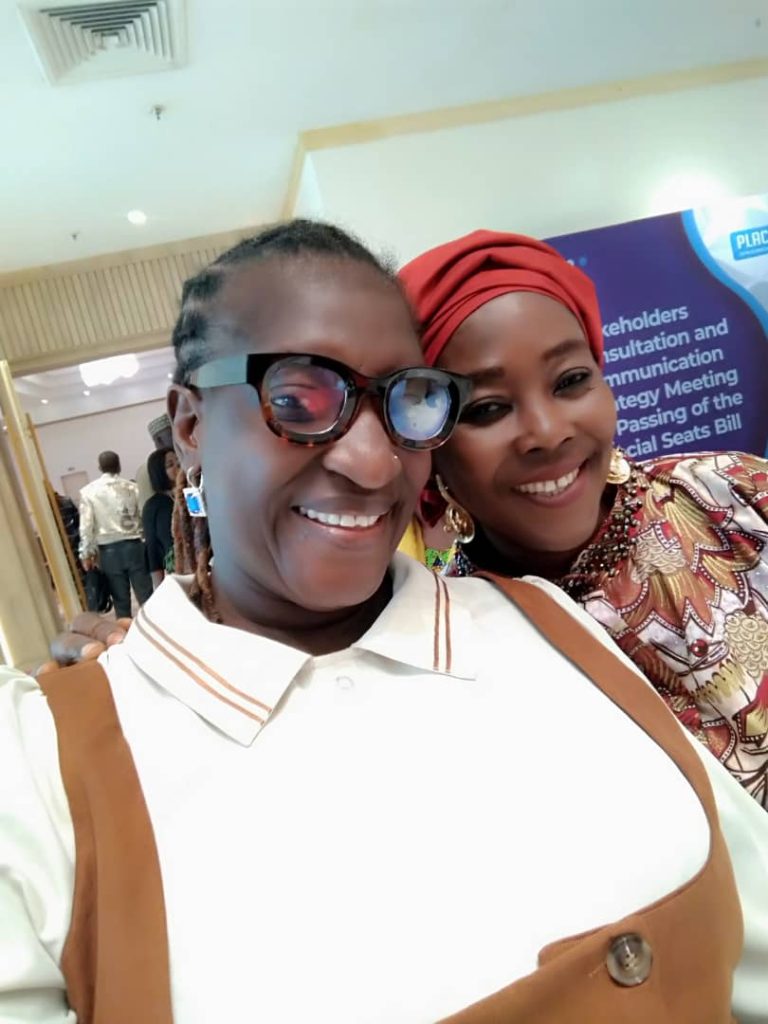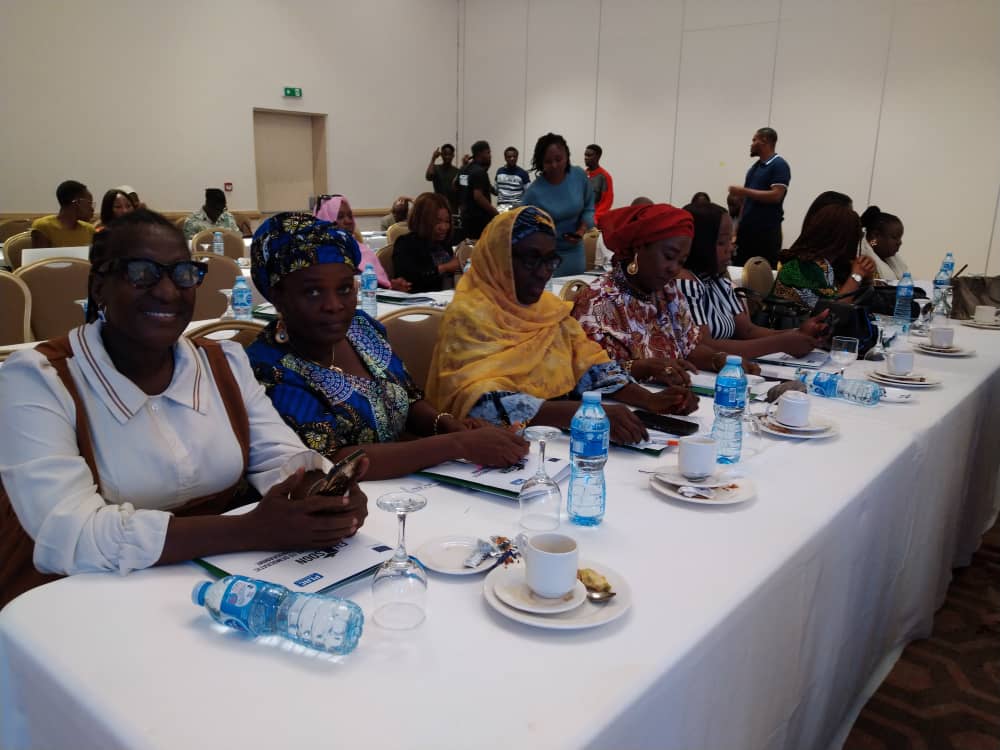By Timinepere Jombo Idoko
Supporting the bill for Special Seats for women in Nigeria’s National and State Assemblies is crucial for promoting gender equality and inclusivity in governance.

Currently, women are underrepresented in Nigeria’s legislative bodies, holding only about 4 seats in the 109-member Senate and a similarly low number in the House of Representatives.
This underrepresentation is a stark reminder of the need for deliberate efforts to ensure women’s voices are heard in decision-making spaces.

The bill proposes additional seats in the National Assembly and State Houses of Assembly for women, with the aim of increasing female representation and promoting more inclusive decision-making.

This move is expected to bring about several benefits, such as
-Increased Representation : Having more women in parliament would lead to more socially responsive legislature, addressing issues like healthcare, education, and community welfare.
Also, the proposed reserved seats would empower women to participate in governance and decision-making, bridging the gap between men and women in politics.

It would also create a Level Playing Field for both genders as the bill aims to create a fairer political environment by addressing the systemic barriers that prevent women from competing effectively with men.
Some notable organizations, including the League of Women Voters of Nigeria (NILOWV) and the Nigeria Association of Women Journalists (NAWOJ), are amongst the champions of this cause.
They argue that the bill is not just about women’s rights but about strengthening democracy and promoting inclusive governance.
Recently, the Policy and Legal Advocacy Center (PLAC) also Organized a stakeholders Consultation Forum, galvanizing support for the passing of the special seat Bill in Abuja where reputable organizations like CSOs, NUJ and Nawoj participated.
The call therefore is for women to speak in one persuasive voice and support the passing of the bill.
While some critics argue that the bill is undemocratic or discriminatory, proponents argue that it’s a necessary temporary measure to address historical imbalances and ensure women’s participation in politics.
By passing this bill, Nigeria can take a significant step towards achieving gender parity in governance and promoting more inclusive decision-making as witnessed in other climes.
